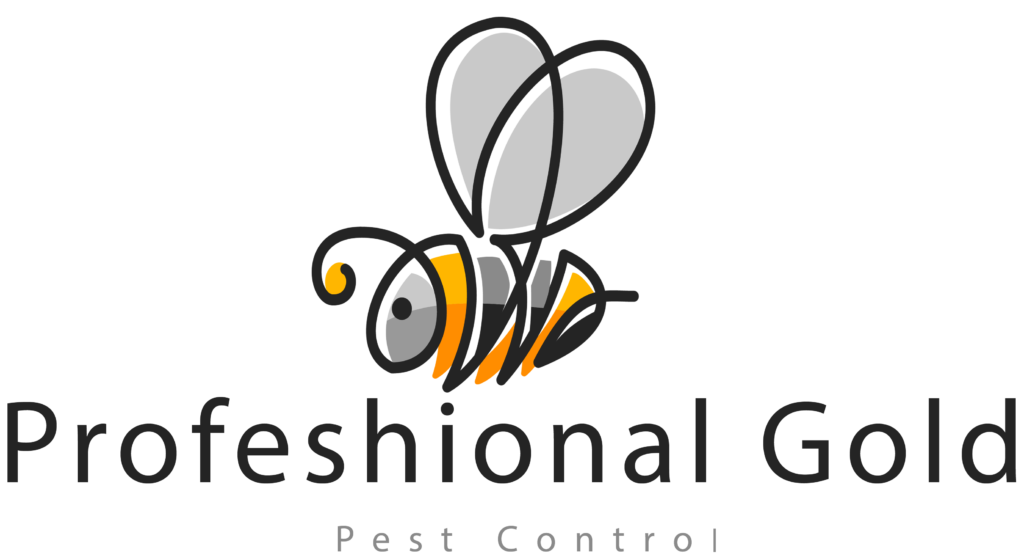Mosquitoes Control
Mosquitoes are blood-sucking insects.
Mosquitoes are a major problem due to the hot and humid climate conditions that prevail most of the year, which provides a suitable environment for their reproduction.
The types of mosquitoes found locally include: Anopheles, Aedes, and Culex, which are vectors of serious diseases such as malaria, dengue, and West Nile. These species breed in stagnant water, such as ponds, swamps, and uncovered waterways.
Among the main challenges in mosquito control are climate change and rapid urban growth, which requires intensifying efforts and developing innovative strategies to effectively address this problem.
Mosquito control is a health and environmental priority due to the health threats posed by this disease-carrying organism. Mosquito control strategies in the region depend on several main axes:
1. Insecticide spraying:
Eliminating adult mosquitoes and larvae in endemic areas. Spraying techniques are used to reach the places where mosquitoes breed, in addition to pesticides that eliminate mosquito larvae in breeding areas.
2. Standing water management and its locations:
– Stagnant water is an ideal environment for mosquitoes to breed, so draining stagnant water and improving sewage networks is the main step to reduce their spread.
3. Awareness and education:
– Public awareness campaigns are an essential part of control strategies. These campaigns focus on educating people about the ways mosquitoes spread and limiting their spread.
These combined efforts are essential to combat mosquitoes, maintain the health of the population, and reduce the spread of diseases they transmit.
